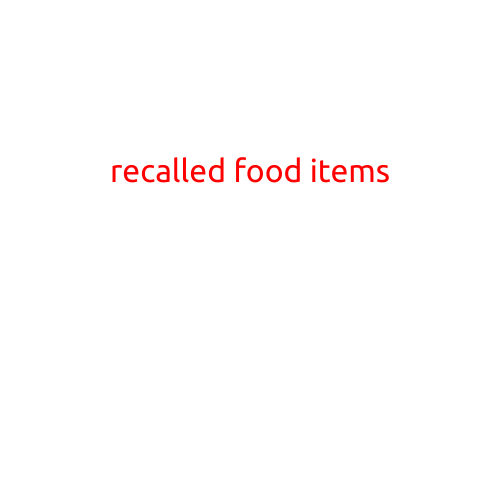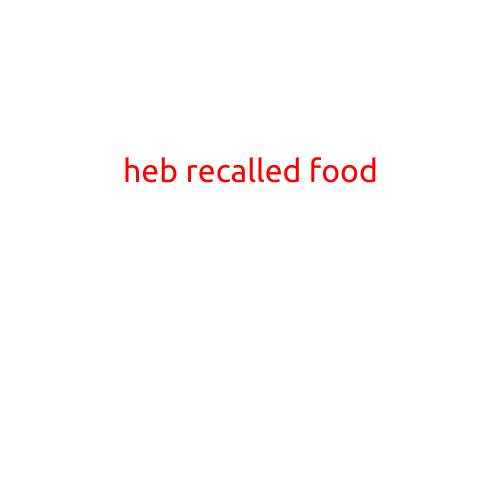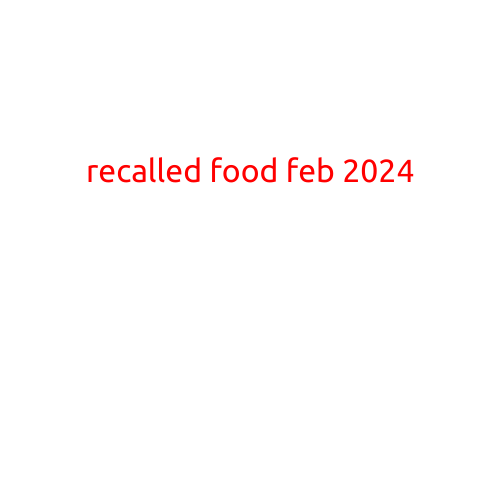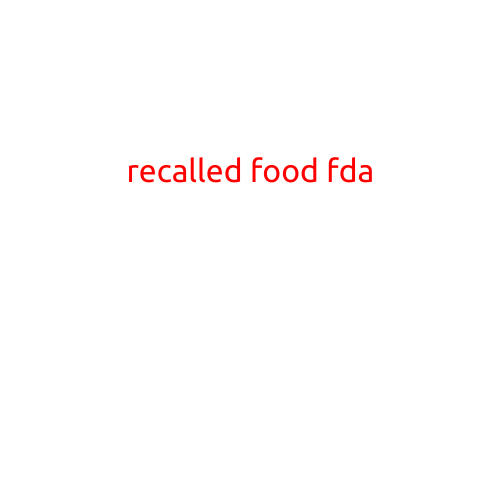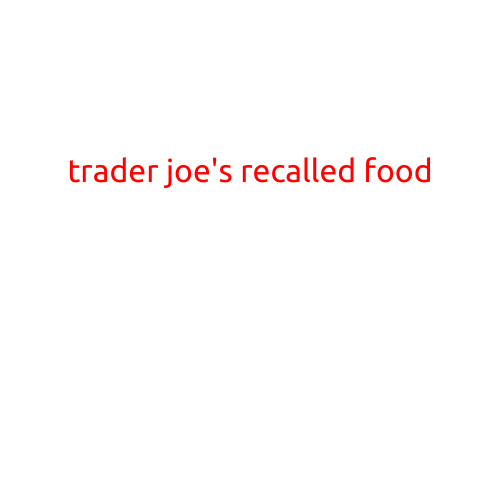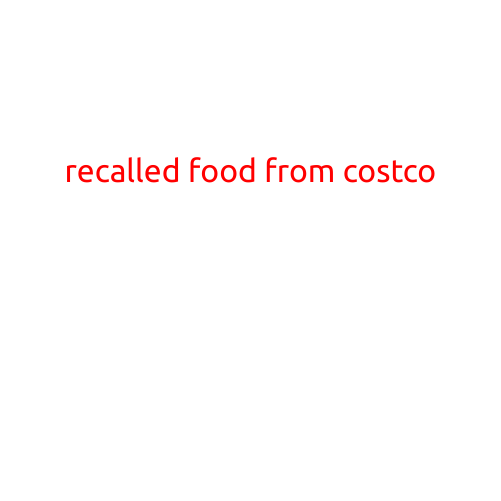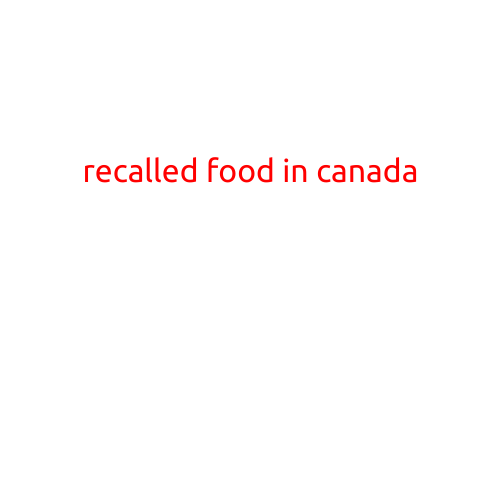
Recalled Food in Canada: A Guide to Keeping Your Family Safe
As Canadians, we take pride in our country’s robust food safety system. However, despite these efforts, food recalls can and do occur. In this article, we’ll provide you with information on recalled food in Canada, including the reasons behind these recalls, how to check for recalled products, and what you can do to keep your family safe.
Why Do Food Recalls Happen in Canada?
Food recalls are issued when a food product is deemed to be unsafe or contaminated, posing a risk to human health. These recalls can occur due to various reasons, including:
- Contamination with harmful bacteria, such as E. coli or Salmonella
- Presence of undeclared allergens, such as peanuts or soy
- Adulteration with substances not intended for human consumption, such as chemicals or metal
- Manufacturing process errors or equipment failures
- Incorrect labeling or misbranding
How to Check for Recalled Food in Canada
The Canadian Food Inspection Agency (CFIA) is responsible for monitoring food safety in Canada and issuing recall notices when necessary. You can check for recalled food in Canada by:
- Visiting the CFIA’s website and searching for “recall” or a specific product
- Signing up for the CFIA’s Recall Notification Service, which sends you email alerts about recalled products
- Following the CFIA on social media, where they post recall notices and other food safety information
Recent Food Recalls in Canada
In recent years, several food products have been recalled in Canada due to various reasons. Some examples include:
- Kraft Heinz’s ketchup and relish due to glass contamination
- Nestle’s cookie dough due to mold contamination
- Sunland Inc.’s peanut butter due to Salmonella contamination
- Laura Secord’s chocolates due to undeclared nuts
What Can You Do to Keep Your Family Safe?
While food recalls can be unsettling, there are steps you can take to keep your family safe:
- Always check the packaging for the product code and manufacturing date
- Follow proper food handling and storage practices, such as washing your hands, separating raw meat from ready-to-eat foods, and storing food at proper temperatures
- Report any foodborne illness symptoms to your healthcare provider and consider reporting the incident to the CFIA
- Keep an eye on local news and the CFIA’s website for recall notices and updates
Conclusion
While food recalls do occur, it’s essential to stay informed and take steps to keep your family safe. By checking for recalled products, following proper food handling and storage practices, and reporting any foodborne illness symptoms, you can help protect your loved ones and contribute to a safer food system in Canada. Remember, food safety is everyone’s responsibility, and by working together, we can promote a healthier and more sustainable food system for all Canadians.
